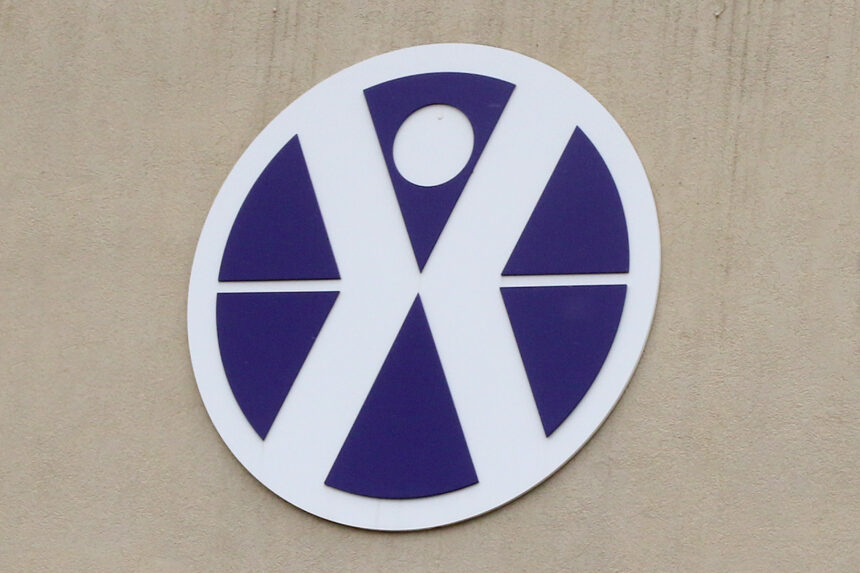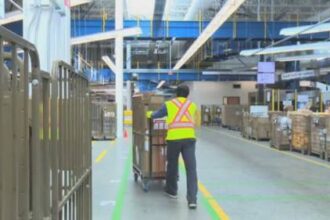In the shadow of Canada’s ongoing substance use crisis, a beacon of hope has emerged for Thunder Bay families grappling with the challenges of supporting loved ones struggling with addiction. The Thunder Bay District Health Unit has unveiled “Parents Like Us,” an innovative peer support program designed specifically for parents and caregivers of individuals using substances.
The initiative comes at a critical moment for the region, which has witnessed alarming rates of opioid-related incidents in recent years. According to Thunder Bay District Health Unit statistics, the district has consistently reported overdose rates significantly higher than the provincial average, creating ripple effects that extend far beyond the individuals directly using substances.
“When someone is struggling with substance use, the entire family system is affected,” explains Joanna Carastathis, a health promotion planner with the Thunder Bay District Health Unit. “Caregivers often experience tremendous stress, isolation, and uncertainty while trying to support their loved ones, yet their needs frequently go unaddressed in traditional addiction services.”
The “Parents Like Us” program aims to fill this critical gap by creating a structured, facilitated environment where caregivers can connect with others facing similar challenges. The eight-week program combines evidence-based educational components with peer support, allowing participants to build knowledge while developing a sustainable support network.
“What makes this approach unique is its recognition that caregivers need more than just information—they need genuine human connection with others who truly understand their experience,” notes Dr. Emily Winters, an addiction medicine specialist consulted for this Canada News report. “The peer support model has shown remarkable effectiveness in reducing isolation and building resilience among families affected by substance use.”
Program facilitators have been carefully selected and trained, with many having lived experience as caregivers themselves. This personal understanding creates an atmosphere of authentic empathy that participants describe as transformative.
“For years, I felt like I was the only one going through this nightmare,” shares Maria K., a participant in the program’s pilot phase who requested partial anonymity. “Finding a community of people who get it—who don’t judge me or my child—has been life-changing. I’ve learned practical strategies while also feeling supported on an emotional level.”
The program covers a comprehensive range of topics essential for caregivers, including understanding addiction as a health condition, effective communication strategies, boundary-setting, self-care, navigating treatment systems, and preparing for potential crises. Importantly, the curriculum was developed with input from both clinical experts and those with lived experience.
The Thunder Bay initiative represents part of a growing recognition across CO24 News networks that addressing Canada’s substance use challenges requires supporting entire family systems, not just individuals actively using substances. Similar programs have shown promising results in British Columbia and Ontario, though each community adapts the approach to address local needs and circumstances.
Public health officials emphasize that supporting caregivers isn’t just compassionate—it’s strategically sound. Research published in the Canadian Journal of Addiction suggests that individuals with substance use disorders who have stable, informed family support systems show better treatment outcomes and reduced relapse rates.
As the program expands, the health unit plans to gather data on its effectiveness while continuing to refine the approach. Funding currently allows for four eight-week sessions annually, though officials hope to secure additional resources to meet growing demand.
For Thunder Bay families currently navigating the complex terrain of supporting loved ones with substance use issues, the program offers something that has long been in short supply: hope through connection. As our communities continue searching for comprehensive solutions to substance use challenges, we might ask ourselves: How might outcomes improve if we recognized family support as an essential component of addiction recovery rather than an afterthought?


















